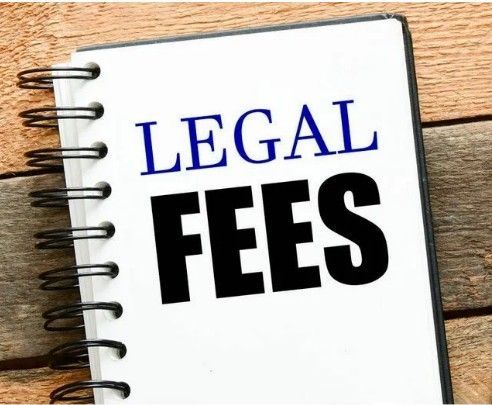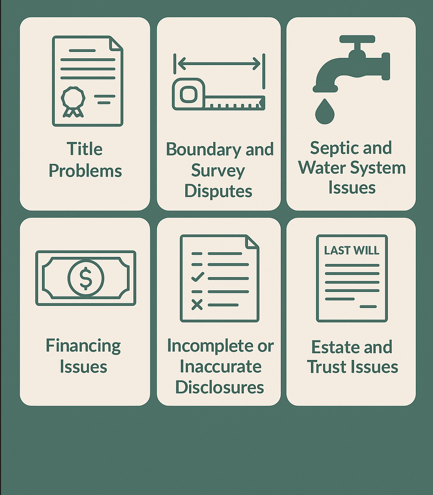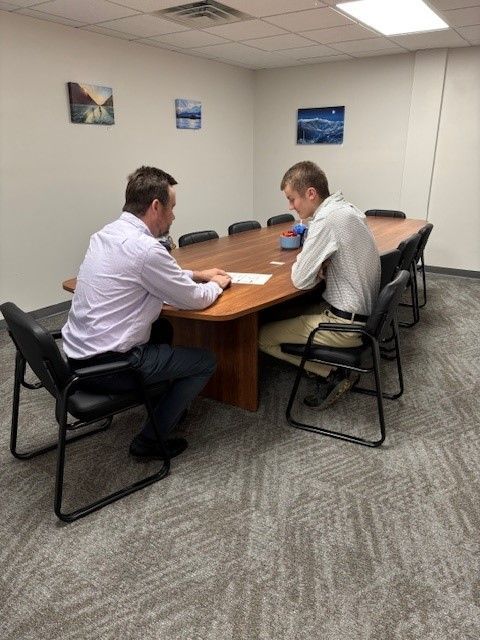The Promissory Note is an important document to understand when purchasing a home.

A promissory note is a legal document that outlines the terms and conditions of a loan agreement between a borrower and a lender. In the context of a real estate closing, a promissory note is often used to document the terms of a mortgage loan.
At a real estate closing, the promissory note is typically signed by the borrower (the buyer) and represents their promise to repay the loan amount to the lender (often a bank or a mortgage company) according to the agreed-upon terms. It includes important details such as the loan amount, interest rate, repayment schedule, and any other specific terms negotiated between the parties.
The promissory note serves as evidence of the borrower's debt and the lender's right to collect payments. It is a legally binding agreement that outlines the borrower's obligations and responsibilities, including the consequences of defaulting on the loan. The promissory note is usually secured by a mortgage, which grants the lender a security interest in the property being financed. This means that if the borrower fails to repay the loan as agreed, the lender may have the right to foreclose on the property and recover their investment.
Here are some common terms you will find in a typical promissory note:
- Principal Amount: The total amount of the loan that the borrower agrees to repay.
- Interest Rate: The percentage at which interest accrues on the loan.
- Repayment Schedule: The agreed-upon schedule for making loan payments, which may include the frequency (monthly, biweekly, etc.) and duration (number of years) of payments.
- Payment Amount: The specific amount the borrower is required to pay at each installment.
- Due Date: The date on which each payment is due.
- Late Payment Penalty: The amount or percentage charged if the borrower fails to make a payment on time.
- Prepayment: Whether or not the borrower is allowed to make additional payments or pay off the loan before the scheduled due date, and if any prepayment penalties apply.
- Security/Collateral: Details of any collateral or security interest provided to secure the loan, such as the property being financed.
- Default and Remedies: The actions the lender can take if the borrower fails to meet the terms of the promissory note, including late payment consequences, default triggers, and potential remedies such as foreclosure.
It's important to note that specific laws and regulations govern promissory notes and real estate transaction. Therefore, it is advisable to consult with a real estate attorney to fully understand the implications and requirements associated with promissory notes in real estate closings.










